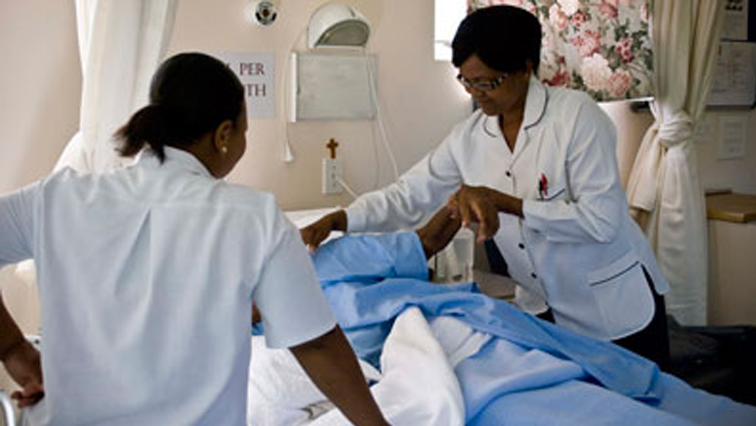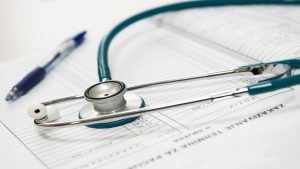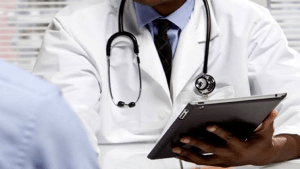A 24-hour-helpline has been launched to assist healthcare workers to cope with the stress and anxiety of working in the COVID-19 epidemic.
The South African Depression and Anxiety Group (Sadag) on Wednesday launched a Healthcare Workers’ Care Network with the help of various healthcare organisations such as the South African Medical Association (SAMA) and the South African Society of Psychiatrists.
“We are also very grateful that we’ve had 500 mental health professionals who volunteered their pro bono services to do pro bono individual or support sessions for healthcare workers as well as including training for leaders. This is amazing. Again, one of the magic items that have come out of COVID is that 500 mental health professionals from psychiatrists to GPs to psychologists, social workers have come forward to help their colleagues,” says the Operations Director of Sadag, Cassey Chambers.
Healthcare workers can call the 24-hour network helpline on 0800 21 21 21 or SMS to 43001 and use other online platforms available on the website.
Healthcare workers bemoan mental affects of COVID-19
Medical experts have warned that if the mental strain that comes with treating COVID-19 is not properly addressed among healthcare workers, it will cripple all efforts to deal with the pandemic.
These healthcare professionals voiced their concerns during an online launch of the Health Care Workers’ Network. The network – which is an initiative of the South African Anxiety Group provides psychological care to frontline workers in the medical profession.
51-year-old Cape Town doctor, Dhinesh Singh, who became ill with COVID-19 himself, says most medical workers are currently facing a mental meltdown.
“It comes as a great relief to me, a week down the line that none of my close contacts had tested positive for COVID-19. What I also decided to do was to be very proactive by communicating with the hospitals letting everybody know what my status was and what I was doing. I was trying to de-stigmatise the illness and get on with it. My feeling is that many healthcare workers are going to test positive and get sick. If we can get the stigma issue out of the way, the denial issue out of the way we can start acting sooner.”
Meanwhile, private practitioner doctor Caroline Lee says medical practices are in a serious financial crisis. Lee says on top of that, many doctors have very limited time to spend with their families due to long working hours.
“Private practice doctors and doctors, in general, are in a vulnerable population; are in an increased age and they also have co-morbidities. There are a lot of doctors that have children and would like to perform home school and they can’t. What do we do with our children who will take care of them and what about their education? Massive financial challenges for private doctors are not working and seeing patients.”
The Centre for Disease Control and Prevention (CDC) and the World Health Organisation (WHO) outlined recommendations for nurses to follow to keep safe during COVID-19 and while they are nursing COVID-19 infected patients.
- Perform hand hygiene
- Clean surfaces regularly with disinfectant
- Adequate ventilation in rooms
- Change gloves when torn or heavily contaminated
- Wear fitted N95 respirator (medical mask)
- Use a face shield or medical mask and goggles
- Wash hands before putting on personal protective equipment (PPE)
- Remove PPE correctly
- Wash hands immediately after removing all PPE
- Proper patient placement
Additional reporting by Nonjabulo-Mntungwa-Makamu






